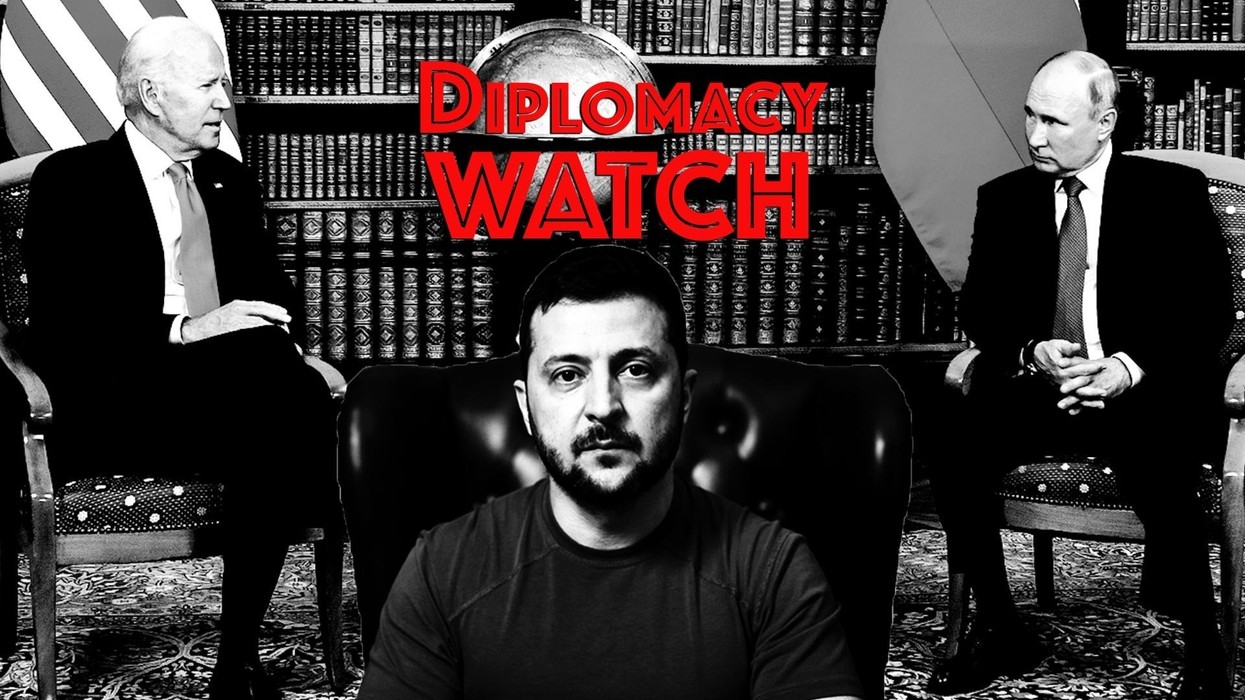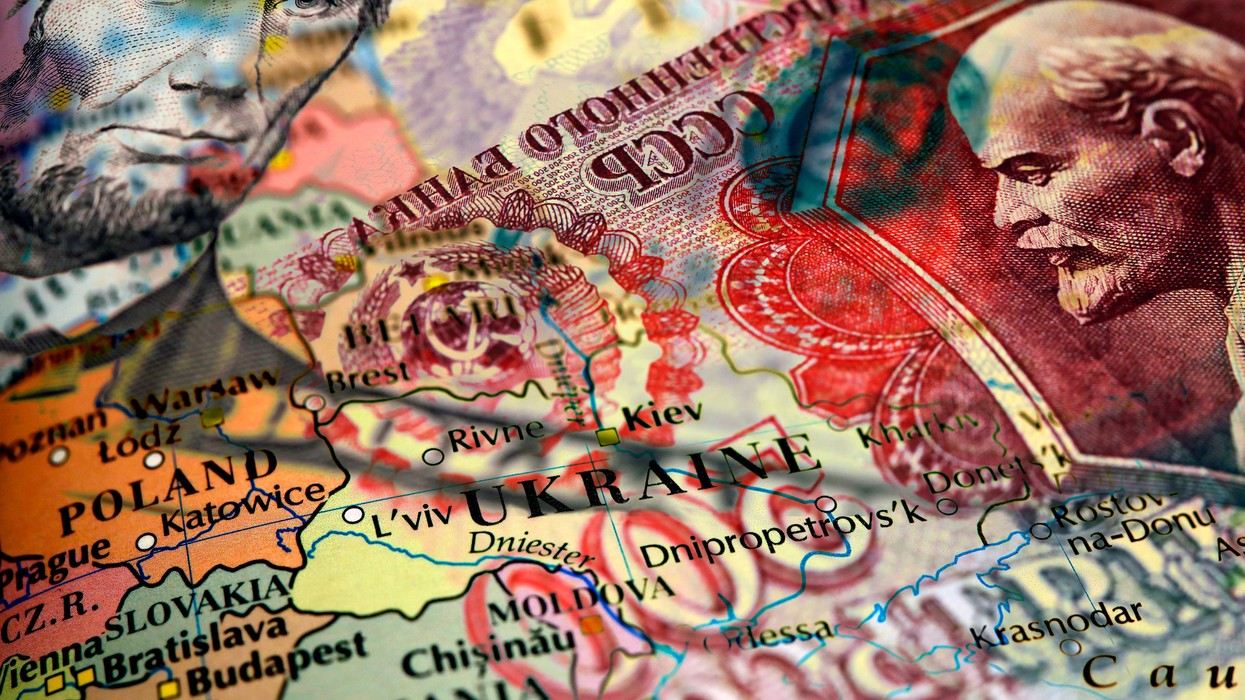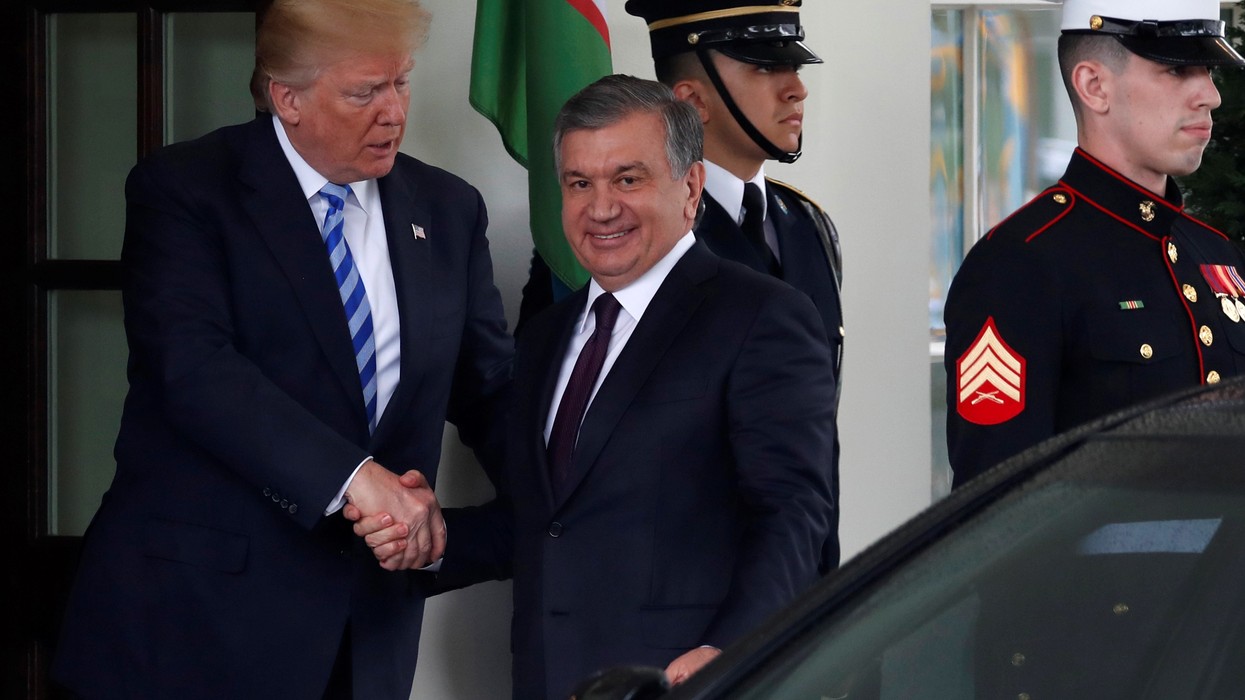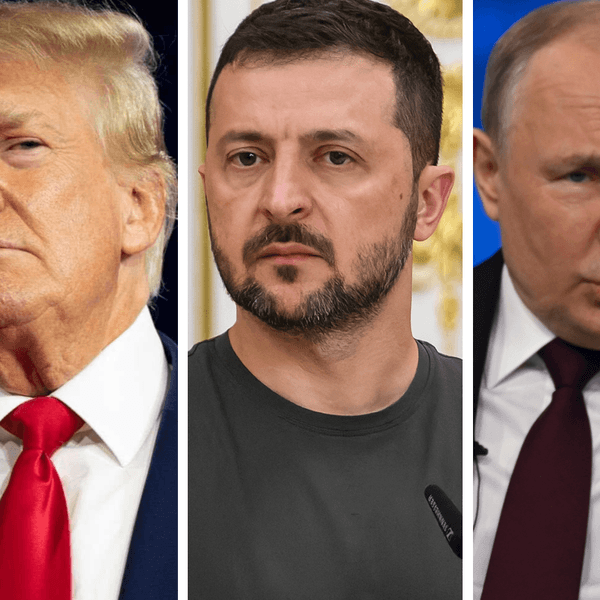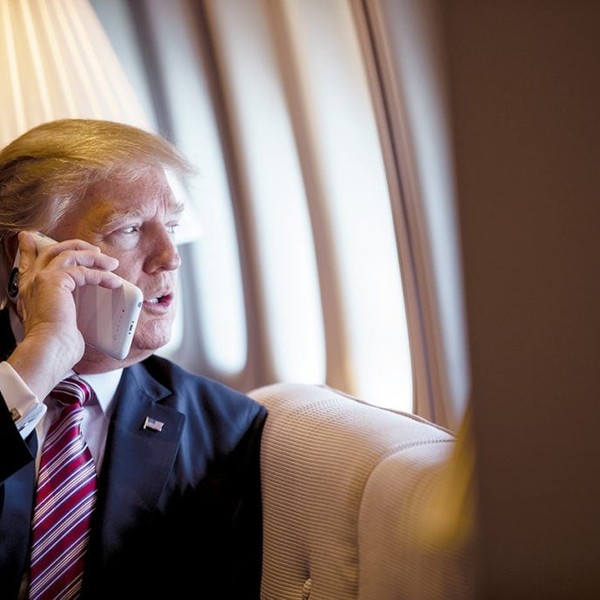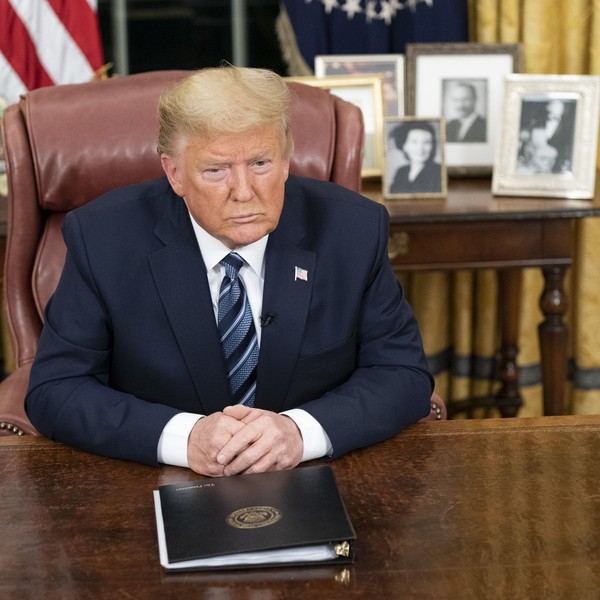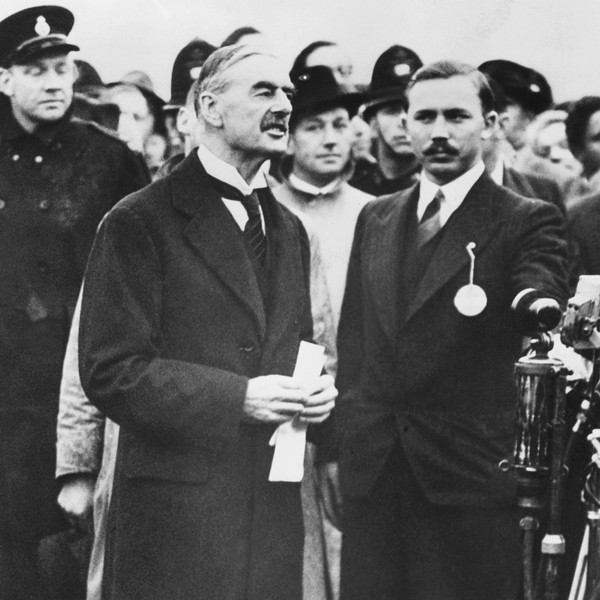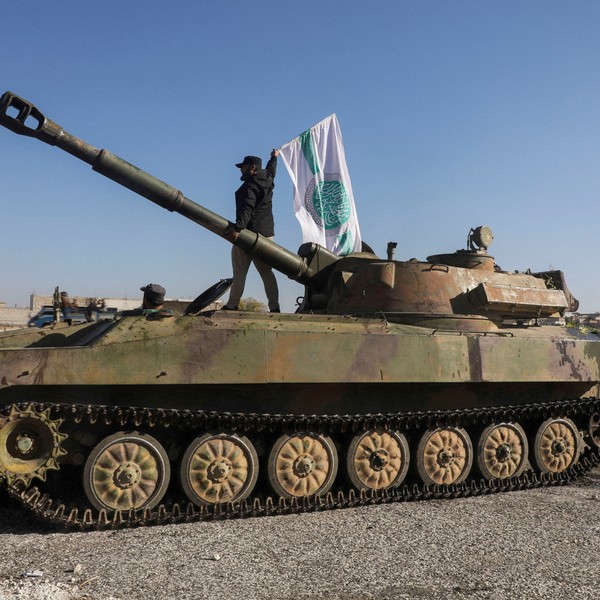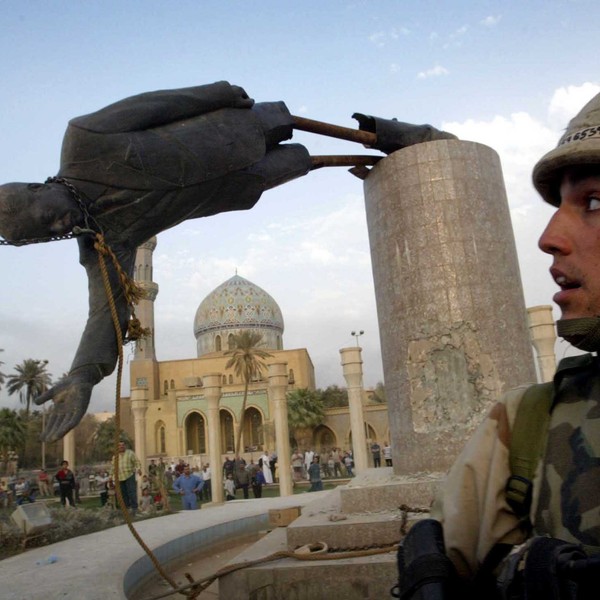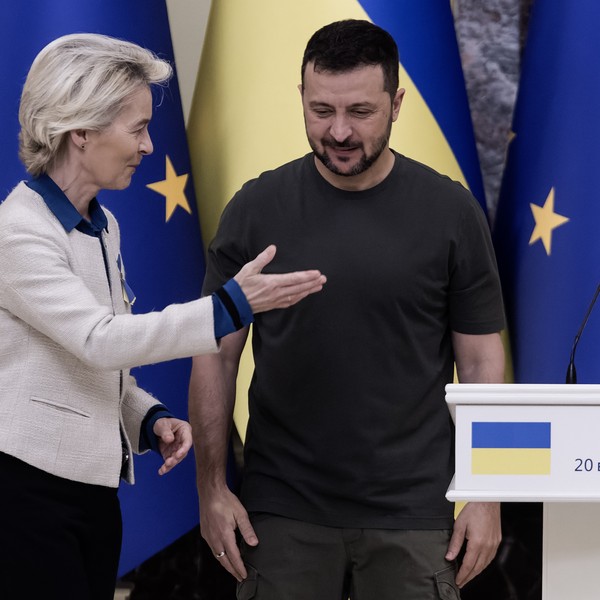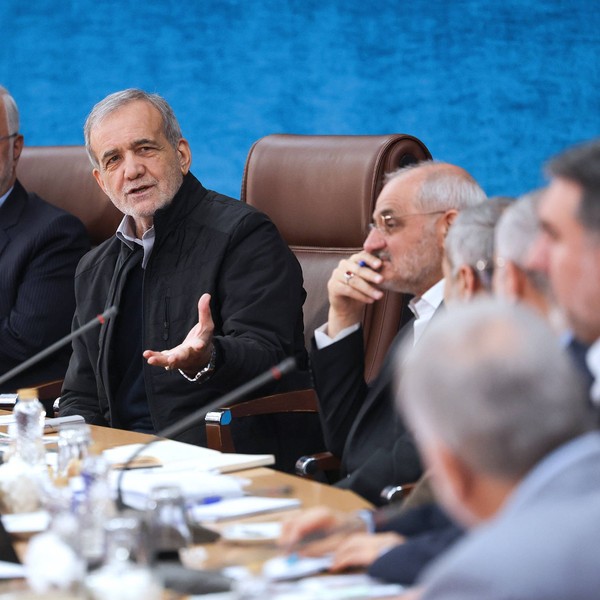As the war in Ukraine drags on, neither side has made any indication that they are ready to find a diplomatic solution to this conflict. But this does not mean that the United States — and other countries that may play a part in facilitating a future agreement — should not already be laying the groundwork for eventual negotiations, argues former U.S. diplomat Tom Pickering in a recent essay published in Foreign Affairs.
Pickering lays out in detail the necessary steps that would put Washington, Moscow, and Kyiv in the best position to find an acceptable solution. “All parties to the conflict have made clear that they believe it is too soon for diplomacy,” writes Pickering, who served for more than four decades as diplomat, including as Ambassador to Russia in the mid-1990s. “But at some point, the time will come for negotiations, and it is essential that the United States plans carefully for that day.”
“Failure to do so will condemn Washington to a hurried and poorly thought-through approach to ending the war — a mistake the United States has made in every serious conflict it has become embroiled in since 1945. No war ends without political consequences. Either the United States engages to shape those consequences to serve its interests, or others will shape the consequences in its stead.”
Pickering defines three important phases to any diplomatic solution: prior preparations, in which the various sides resolve internal differences and begin to open communication with the other parties; pre-negotiations, in which the sides agree to, among other things, where the negotiations will take place and who will participate; and finally the diplomatic talk themselves.
“Like battle plans, peace plans may not survive first contact with the enemy, but the groundwork laid in advance of negotiations will still inform decision-making and improve the odds of a favorable outcome,” he writes.
Each of these stages will require confronting difficult questions. At this stage, from Washington’s point of view, beginning the process of prior preparations is most important.
“It is not yet clear when progress toward the next phase of peacemaking—pre-negotiations—will be possible. World leaders have intensified their calls for peace, and Washington and other third parties have begun informal and confidential contacts with the other parties to gauge their attitudes about diplomacy. But the road to pre-negotiations is sometimes circuitous. Efforts to get internal houses in order are extremely useful for preparing strategies, but they are also challenging, unpredictable, and constantly subject to change,” Pickering writes.
Throughout the rest of the piece, Pickering suggests possible answers for many of the other central issues, while acknowledging that none will be straightforward to resolve.
“Russia and Ukraine are not yet ready for direct talks. But with care and confidentiality, the leaders of the United States and other important third parties should accelerate their prior preparations and begin pre-negotiations,” he concludes. “Otherwise, Russia and Ukraine could fall into a vicious cycle of self-deception, denial of diplomacy, and endless war.”
In other diplomatic news related to the war in Ukraine:
— Chinese President Xi Jinping plans to call Ukrainian leader Volodymyr Zelensky next week for the first time since the Russian invasion, according to the Wall Street Journal. The move, which comes just three weeks after China released a “position paper” on how to end the conflict, highlights Xi’s interest in acting as a mediator between the warring parties. Xi is also expected to meet with Russian President Vladimir Putin in Moscow.
— Turkish President Recep Tayyip Erdogan hinted Wednesday that he may sign off on Finland’s bid to join NATO, according to AP News. Finland has previously insisted that it would only enter the alliance along with Sweden, but Erdogan has shown no signs of budging in his opposition to Stockholm’s NATO bid.
— An American drone crashed over the Black Sea Tuesday following a collision with a Russian fighter jet, according to Al Jazeera. A Pentagon video of the incident shows Russian planes flying near the drone in an apparent effort to knock it off course. The clip cuts out around the moment of the collision before showing that one of the drone's propellor blades had been damaged. Top military officials from each country have spoken over the phone in recent days in an effort to reduce tensions.
— Secretary of State Antony Blinken visited Ethiopia and Niger this week as part of the Biden administration’s efforts to counter Russian and Chinese influence in Africa, according to the Wall Street Journal. Vice President Kamala Harris has a trip of her own planned for later this month, with stops scheduled in Ghana, Tanzania, and Zambia.
U.S. State Department news:
In a Tuesday press conference, State Department spokesperson Ned Price lashed out at alleged Russian disinformation campaigns, including Moscow’s claim that Kyiv maintained a secret, U.S.-led biological weapons program prior to the war. “Russia has a history of accusing others of doing what it is itself doing, and its recent biological weapons claims related to Ukraine are no different,” Price said. “The United States assesses that Russia continues to maintain an offensive biological weapons program in violation of its obligations under the Biological Weapons Convention.”

